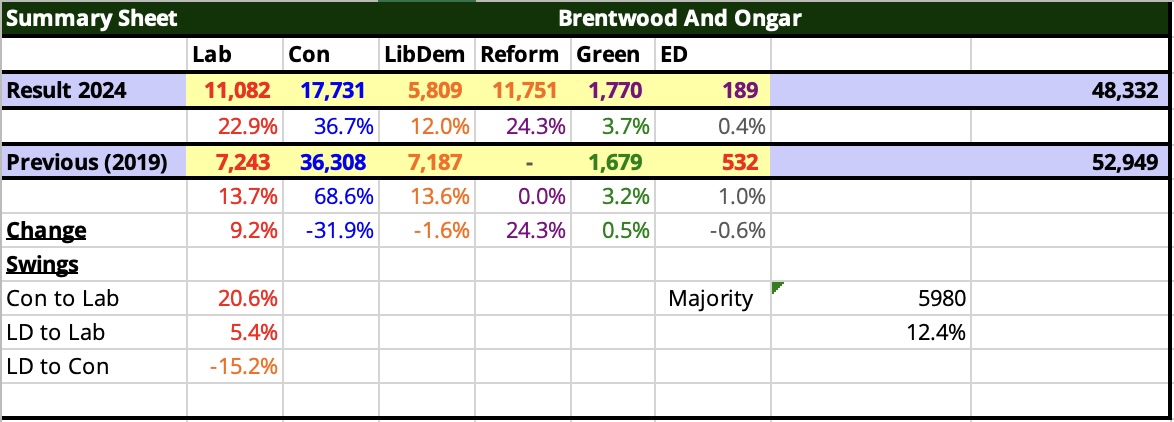Discussed May 2020, review by Richard Millwood June 2020
Charles Dickens was a remarkable and prolific writer, and through his novels and journalism, told much about the human condition in the 19th century. His books often focus on the difficulties faced by the poor and working classes based on Dickens’ own life experiences.
Indeed, Karl Marx said of Dickens, and others, that their:
“graphic and eloquent pages have issued to the world more political and social truths than have been uttered by all the professional politicians, publicists and moralists put together”
Hard Times is no exception, and having not read Dickens for a few years, I was struck again by the rich and evocative language that Dickens uses to conjure contexts and people while telling a compelling story.
So, as an informative and entertaining experience it works well, telling us of the trials and tribulations faced by families, factory owners, professionals, downtrodden workers and the destitute in a fictional manufacturing town called ‘Coketown’, modelled on Preston, Lancashire.
But what struck me most, is the way he illustrates so clearly some of the theoretical concepts that Marx wrote about, particularly ‘alienation’.
Marxist Alienation
“The theoretical basis of alienation within the capitalist mode of production is that the worker invariably loses the ability to determine life and destiny when deprived of the right to think (conceive) of themselves as the director of their own actions; to determine the character of said actions; to define relationships with other people; and to own those items of value from goods and services, produced by their own labour.”
And in relation to the act of production:
“This means he cannot freely and spontaneously create according to his own directive as labor’s form and direction belong to someone else.”
Marx quoted on Wikipedia
Of course Dickens never mentions the term, nor does he mention Marx, although they were contemporaries. Dickens rarely theorises nor does he appeal to collective action. Indeed in Hard Times he mocks the union and parliament in equal measure. Nevertheless the ‘muddle’ experienced by Stephen Blackpool – a central character and factory worker – which Dickens so vividly relates, is the result of Stephen’s own experience of alienation in the factory and the chronic unhappiness in his personal life.
Stephen Blackpool confronts Bounderby, the factory owner to complain about the ‘muddle’ regarding the conflict between owner and worker, culminating in this paragraph about the treatment of workers:
“Most o’ aw, rating ’em as so much Power, and reg’latin ’em as if they was figures in a soom, or machines: wi’out loves and likens, wi’out memories and inclinations, wi’out souls to weary and souls to hope—when aw goes quiet, draggin on wi’ ’em as if they’d nowt o’ th’ kind, and when aw goes onquiet, reproachin ’em for their want o’ sitch humanly feelins in their dealins wi’ yo—this will never do ’t, sir, till God’s work is onmade.”
Hard Times, Book the Second, Chapter V
Romantic alienation
The book is famous amongst educators in its opening lines, for the extraordinary characterisation of Gradgrind, a superintendent who emphasises facts and argues there is no room for fancy or feeling amongst his students and indeed his family:
“Now, what I want is, Facts. Teach these boys and girls nothing but Facts. Facts alone are wanted in life. Plant nothing else, and root out everything else. You can only form the minds of reasoning animals upon Facts: nothing else will ever be of any service to them. This is the principle on which I bring up my own children, and this is the principle on which I bring up these children. Stick to Facts, sir!”
Dickens, having erected this monster, uses most of the book to knock him down, and towards the end of the book writes:
“Utilitarian economists, skeletons of schoolmasters, Commissioners of Fact, genteel and used-up infidels, gabblers of many little dog’s-eared creeds, the poor you will have always with you. Cultivate in them, while there is yet time, the utmost graces of the fancies and affections, to adorn their lives so much in need of ornament; or, in the day of your triumph, when romance is utterly driven out of their souls, and they and a bare existence stand face to face, Reality will take a wolfish turn, and make an end of you.”
Hard Times, Book Two, Chapter VI
In doing so, apart from an untypical warning to us of the potential power of the masses, he is outlining the kind of romantic alienation that Marx discusses – alienation from our human essence.
My feeling is the book complements Marxist theory, with rich exemplification and description of conditions in society few of us have experienced but which would have been known somewhat to Dickens’ contemporaries. Perhaps the moral force of Dickens’ novel helped feed the spirit which led to the foundation of the Labour Party only a few years later? Certainly early Labour MPs unanimously cited his work, amongst others, as influential, but only two claimed to have read Marx.
In our discussion of Hard Times, some claimed they preferred novels to theoretical texts, but my view is that both are essential and that they feed upon each other. The novel provides exemplification and motivation while entertaining us, but if you are attempting to take action:
“there is nothing so practical as a good theory! “
Kurt Lewin, a founder of social psychology

